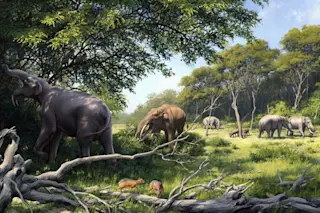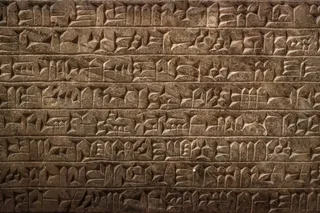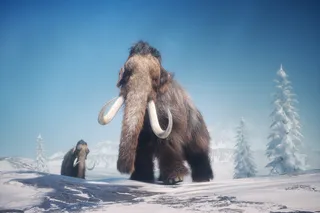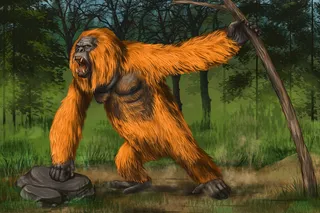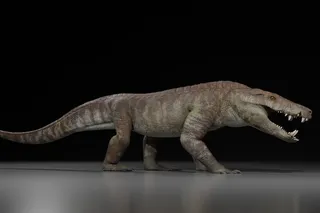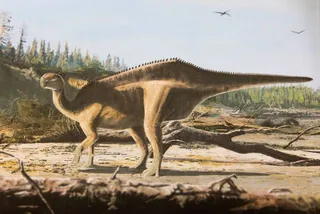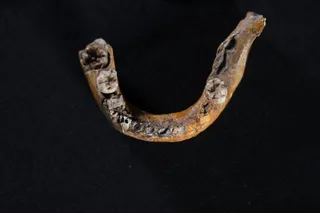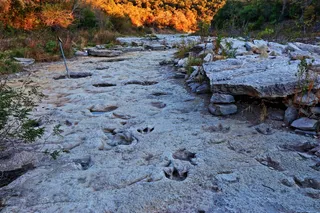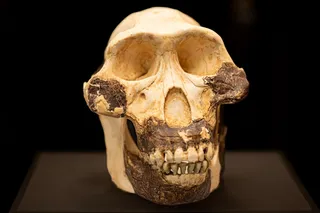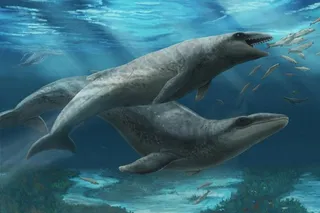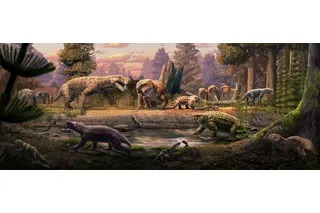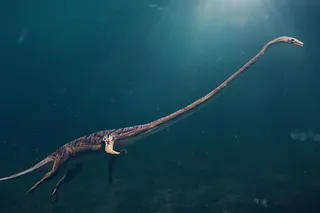Fossilized cheek teeth have helped paleontologists learn a lot about what ancient elephants ate millions of years ago. Turns out, those with a less picky diet and more adaptability to changing environments survived. And those who stuck to a grass-based diet went extinct when there were extreme fluctuations in the climate.
“This supports the hypothesis of such regions as 'species-factories' where evolutionary adaptation to changing environmental conditions first centered around," said Juha Saarinen, a paleontologist at the University of Helsinki and lead author, in a statement. Details on the study were published in Nature Ecology & Evolution.
Chewing grass is more demanding on teeth than feeding on other types of plants because of its high content of mineral grains called phytoliths in the leaves. These minerals cause heavy abrasion on pearly whites.
Still, early proboscideans in the Early and Middle Miocene belonging to the choerolophodon lineage, shifted to more grass-rich ...


